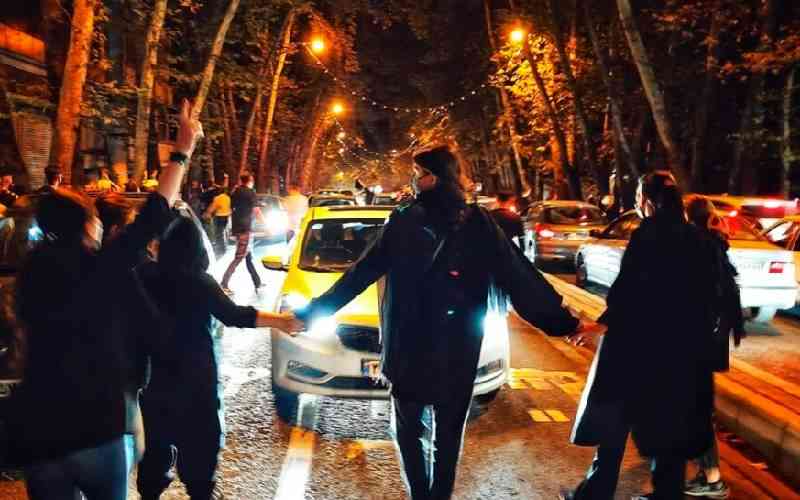×
The Standard e-Paper
Smart Minds Choose Us

Iran is ratcheting up a crackdown ahead of the one-year anniversary of the death of Mahsa Amini, arresting prominent personalities, campaigners and relatives of those killed by security forces in protests last year, activists say.
The death in custody on September 16, 2022, of Amini, a 22-year-old Iranian Kurd who was arrested for allegedly violating the strict dress rules for women, sparked months of protests that included calls for an end to Iran's Islamic system.